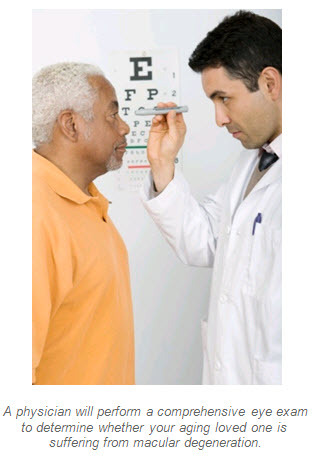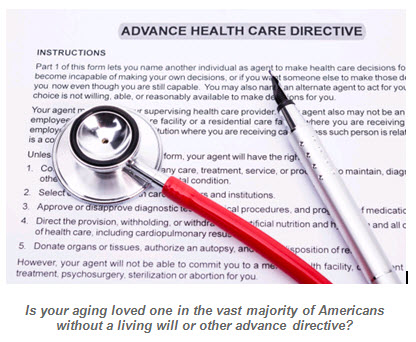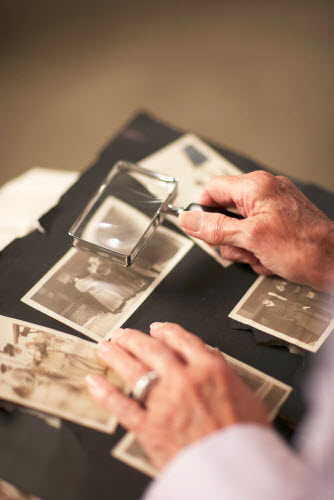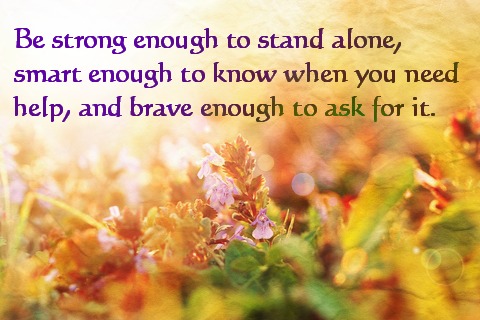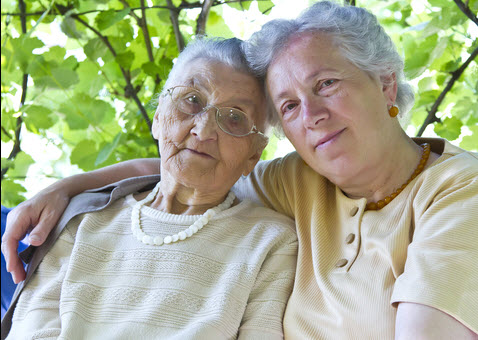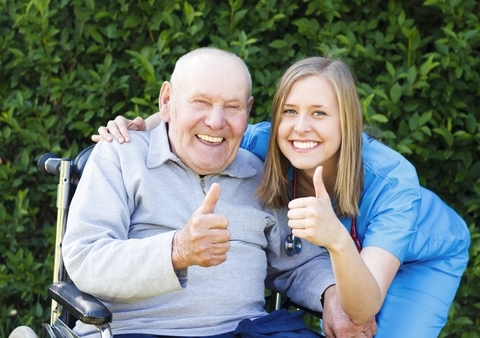Up to 11 million people in this country have some form of age-related macular degeneration, and that number is expected to double by the year 2050, according to the BrightFocus Foundation. Because age is a major risk factor for this chronic disease, it's particularly important for elder caregivers to understand this leading cause of irreversible vision loss for people over the age of 60. Here's what you need to know.
What is Age-Related Macular Degeneration?Age-related macular degeneration is the breakdown of the central area of the retina, also known as the "macula." While this condition is not painful, it can lead to to irreversible vision loss, including the inability to see fine details, compromising "straight ahead" functions, including everything from driving to recognizing faces. Read More

